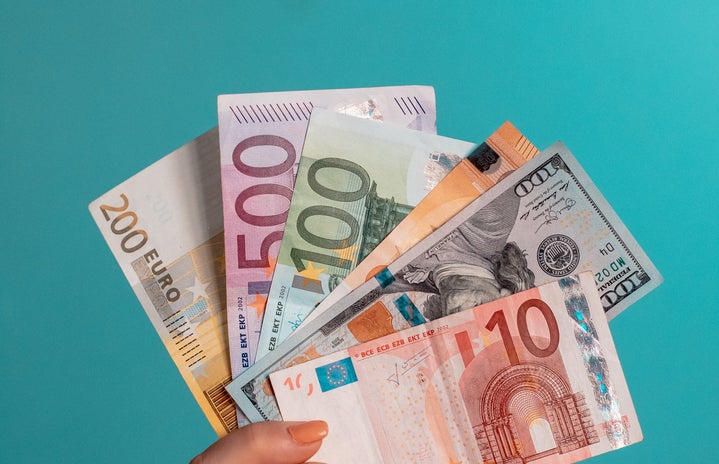Frequent users of the Uber App beware: If you don’t get into your Uber car within two minutes of the driver arriving, you could start getting charged. This late fee is just one of the new fines and services being rolled out by Uber this summer. Most of the added features are aimed at making drivers happier—especially after thousands of them have filed complaints and lawsuits against the company.
Uber has already tested the late fee system in a few major cities, including New York and Phoenix, and should be expanding to about a dozen more locations this month, the BBC reports. The company also introduced other perks for their drivers, including instant payouts, more control over requests and routes, and discounts depending based on how many rides they provide each week.
One of these is called Driver Destinations, which will let drivers tell the service twice a day if they themselves are traveling somewhere. As a result, the drivers will only get alerts from riders going to a destination along their route. Drivers can also turn on Pause Requests if they’d like to take a break or end their shift, rather than having to decline trip requests.
In addition, drivers can opt for Instant Pay, a debit card-like system that will allow the drivers to cash out their paycheck at anytime instead of waiting for it on a weekly basis.
Most of these changes are being made to create a better work experience for the company’s drivers. In a blog post, Uber product managers Maya Choksi and Ryan Fujiu explained the reasoning behind the changes. “We…have heard from drivers like you that there are plenty of things we can do to make driving more empowering and worth your while,” they wrote. “And beginning today, we are rolling out a number of features and rewards in more cities to help you get the most out of your time on the road.”
The ride-hailing company’s decision to revamp driver benefits makes sense after all the recent events surrounding the issue. In April, Uber paid around $100 million to settle legal actions with drivers in California and Massachusetts, according to Tech Times. Drivers there argued that they should be considered employees and receive benefits, rather than being considered independent contractors. Although Uber maintained its rights to continue using their “employees” as independent contractors, the settlement bound the company to improving workplace conditions for the drivers.
“We’re constantly looking for ways to improve the driver experience,” concluded Choksi and Fujiu in the blog post. Although we’re glad that drivers will have more control over their jobs, people should also be on the lookout for how these driver benefits could affect an Uber passenger like you. No one likes to get hit with a late fee or a cancellation charge without knowing it.

